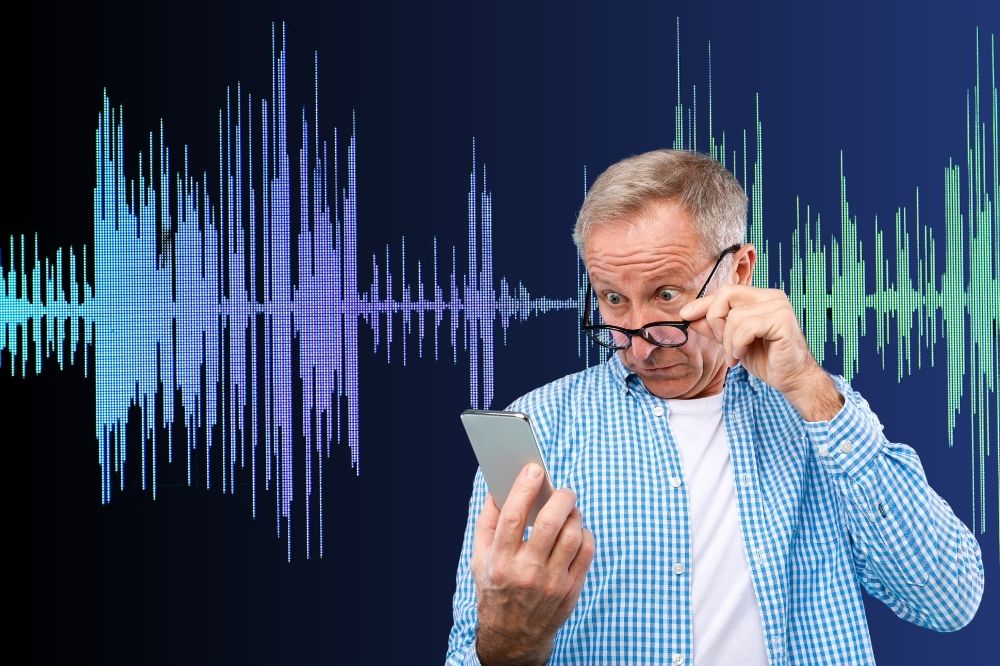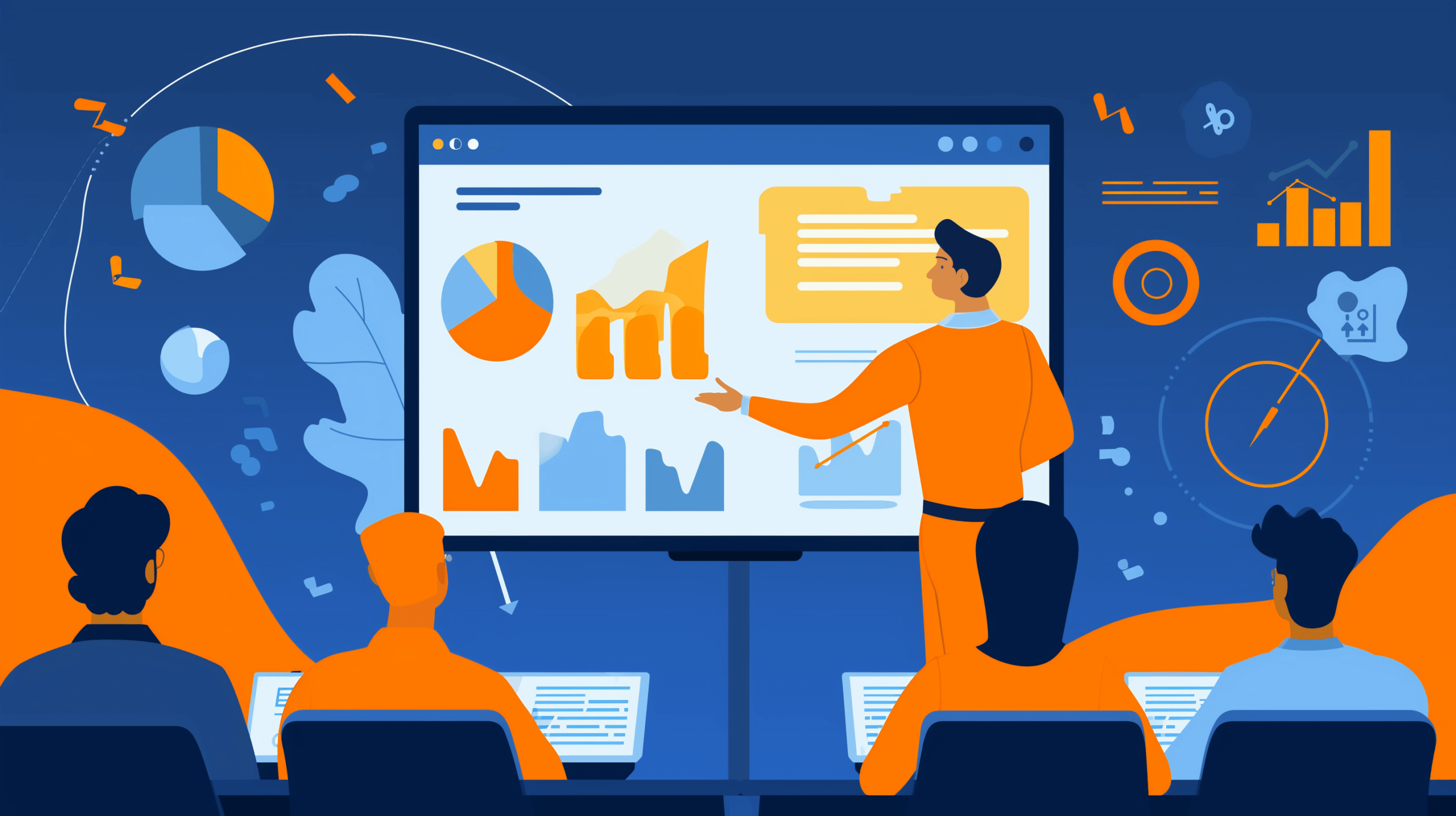AI helps soccer coaches analyze the game - in real time
Big data: around 3.6 million data points are collected per game
Bill James, a US author and baseball fan, had the idea of recording important events in a game in order to analyze a team’s performance. In the 1970s, he began analyzing baseball games using statistical data to find out why teams win or lose.
Digital training analysis helped the German national team win the title at the 2014 World Cup in Brazil already. In the Bundesliga around 3.6 million data points are collected and analyzed per match.
Collecting data is not enough - you also have to draw the right conclusions
The challenge in analyzing big data lies not only in the large amount of data, but also in its different structures. This data can be in the form of images, text, audio files or videos. A Bundesliga match generates over three million positional data items that need to be analyzed as quickly as possible preferably in real time.
What Mehmet Scholl disparagingly refers to as “laptop coaches” shows that successful coaches don’t just rely on their gut feeling. They use millions of data points – ideally in real time. It’s no wonder that coaches like Julian Nagelsmann often sit on the bench engrossed in their iPad while their team is playing.
What data does AI analyze?
Nowadays, mobile tracking, video analysis and data evaluation according to certain criteria are standard in professional soccer. New key figures are constantly being developed in order to find measurable success factors. The analysis is based on three categories: biometric data, event data and position data.
- Sensors in jerseys or on the body provide biometric data such as the player’s pulse, breathing rate and running performance during training. This data helps to individually optimize training plans and serves to prevent injuries. Although biometric data provides an indication of a player’s fitness, it is not sufficient on its own for success on the pitch.
- Event data includes the number of headers, corners, shots on goal, goals, tackles and duration of possession. This data is statistically interesting and is incorporated into reports and fan apps. However, sports scientists agree that event data alone says little about the actual success of a player or team.
- Position or tracking data records the position of each player and the ball at every moment of the game. This data makes it possible to analyze every movement of the players. It can show why a player was under pressure on a particular pass or whether he made the best decision in a game situation. High-resolution cameras help to capture every action and movement so that the algorithm learns to recognize individual players.
Who wins the game: the algorithm or the team?
Whether our national team ultimately wins through mental motivation, athletic training, game tactics or AI doesn’t really matter – the main thing is the trophy.
You also want to use AI?
What are the best tools for your use case? Which tools are legal? What are the most important things to bear in mind? We'll tell you!
Contact us for a free initial consultation!



